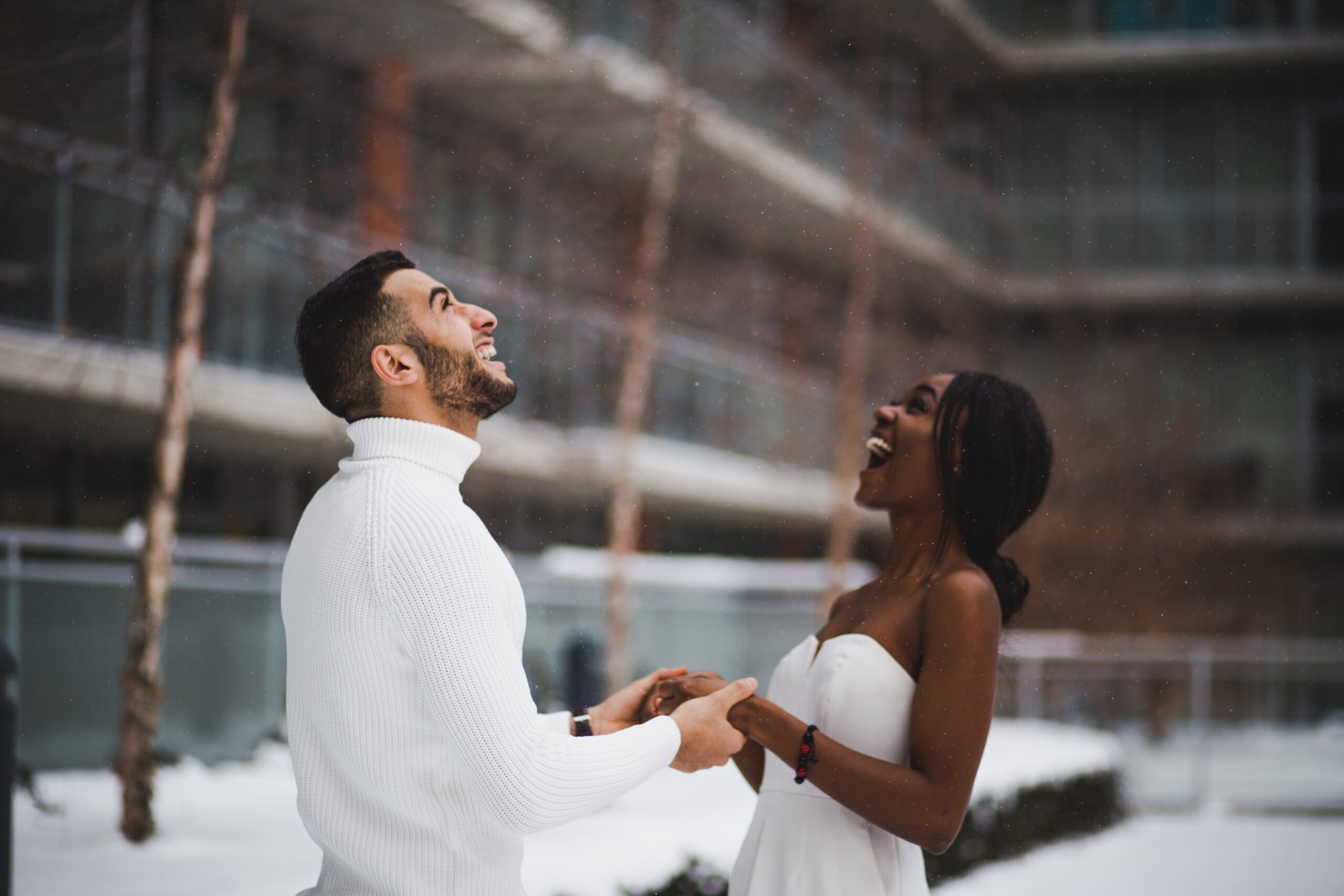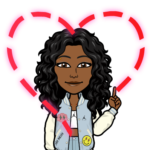By: Sydnee Walcott

Everyone deserves to be accepted in society. Unfortunately, women feel unloved and ostracized from society. In an aim to address this, women have taken a stand to address this issue of inequality. “The most disrespected person in America is the Black woman,” said Civil Rights Leader Malcolm X.
On May 22, 1962, these words were announced when X was speaking to a crowd of Black women in Los Angeles, California.
Sadly, over 60 years and these words are still spoken. Given efforts to reform policies, enforce greater justice in the court system, and uphold legislation, racism still remains a rampant issue. This issue has caused suffering on behalf of the Black community and many feel targeted when living a fair lifestyle.
Historically, Black women have been subjected to disrespect, silenced dialogue, and limited protection to their safety. During the Civil Rights Movement, Feminist Movement, Black Lives Matter Movement and the MeToo Movement, Black women have been excluded, overlooked, and receive little to no advocacy for the work they have done.
There have also been instances where Black girls and women have also struggled to receive the appropriate justice they deserve.
For example, in the 1990s, it took many years before singer R. Kelly was tried in court and convicted of sexual abuse towards Black girls. For years, sexual abuse allegations go unresolved which places Black girls at a disadvantage when obtaining equal protection in the criminal justice system.
Another issue Black girls and women are confronted with is facing negative comments towards their body.
Many news stories have revealed that Black girls are being suspended or ridiculed by teachers for wearing their natural hair in an Afro or in a protective style, known as a low manipulated hairstyle such as braids and dreadlocks, which have been part of Black traditions for centuries.
Black women have also been victims of unemployment and layoffs for wearing these styles and embracing their cultural roots and traditions at work.
Celebrity children like Blue Ivy Carter face texturism from adults, a term used to explain discrimination against one’s hair type.
Adults have repetitively criticized Carter’s hair since she was a baby. The negative implications of these comments place Carter at a disadvantage from embracing her natural hair as she will reflect on these harsh judgements in her adulthood.
Featurism is also another issue Black women have endured.
Black women have dealt with insulting comments about their nose, lips, and the overall shape of their face.
For example, in January of 2020, a Twitter user compared Teyona Tayler and Ari Lennox’s face to the features of a Rottweiler.
Both Taylor and Lennox expressed their concern over Twitter with respect to these emotionally abusive comments.
Lennox also asked why people are so comfortable with damaging Black women and their reputation.
Colourism is one of the biggest issues Black women have faced.
This is an issue that dates back to the enslavement of Black people.
Those who had a lighter complexion would be given domestic tasks while those of a darker complexion were given intensive, laborious, and gruelling tasks.
Although slavery has ended, colourism still remains an issue with Black women being on the receiving end of it through different mediums including songs, television shows, movies, Tweets, Youtube videos, and as of recently, TikTok’s.
A large majority of these colourist, featurist, and texturist comments have come from other Black men who resemble the same features.
A commonality among these Black men is that they will degrade Black women through discriminatory comments while praising women who have a light-skinned, racially ambiguous, Hispanic, Asian, or White skin tone.

Not only do these men make distasteful comments about Black women’s facial features, but they also stereotype them as “loud” and “ghetto.”
It is acceptable to have a preference, however, it is not acceptable for people to disrespect their own or another group of people while stating what they prefer.
The amount of disrespect aimed at Black women has prevented them from exploring their options in society and seeking avenues that appreciate the uniqueness they have to offer. Many want to be celebrated and not just tolerated, however, society has created this vicious cycle where Black culture is negatively scrutinized.
In response to the anti-Blackness Black women face, many were able to find appreciation for their unique traits elsewhere.
This movement is called the Divestment Movement.
This movement recognizes and encourages Black women to date and marry men outside of their race who will accept them for their colour and tradition.
Many Black women who engage in an interracial relationship have expressed that they feel included, loved, and protected by a man who rightfully chooses to disregard hurtful stereotypes.
Unfortunately, the movement has faced backlash from Black men who do not want to be with a Black woman, but do not want to see them with a man of another race.
Black men need to understand that their negative comments have set Black women on a quest to find love where it is appreciated. Their abusive and negative comments aimed to control Black women have done the opposite and encourage them to embrace their identity and seek romantic opportunities elsewhere.
This is not to say that every Black man feels this way. It reiterates that although loving couples do exist, no one should feel envious or betrayed when Black women choose to date and marry outside of their culture.
Sydnee Walcott is a Copy / Contributing Editor for Black Voice. She is also a writer who likes to capture the essence when writing articles on a variety of topics.

